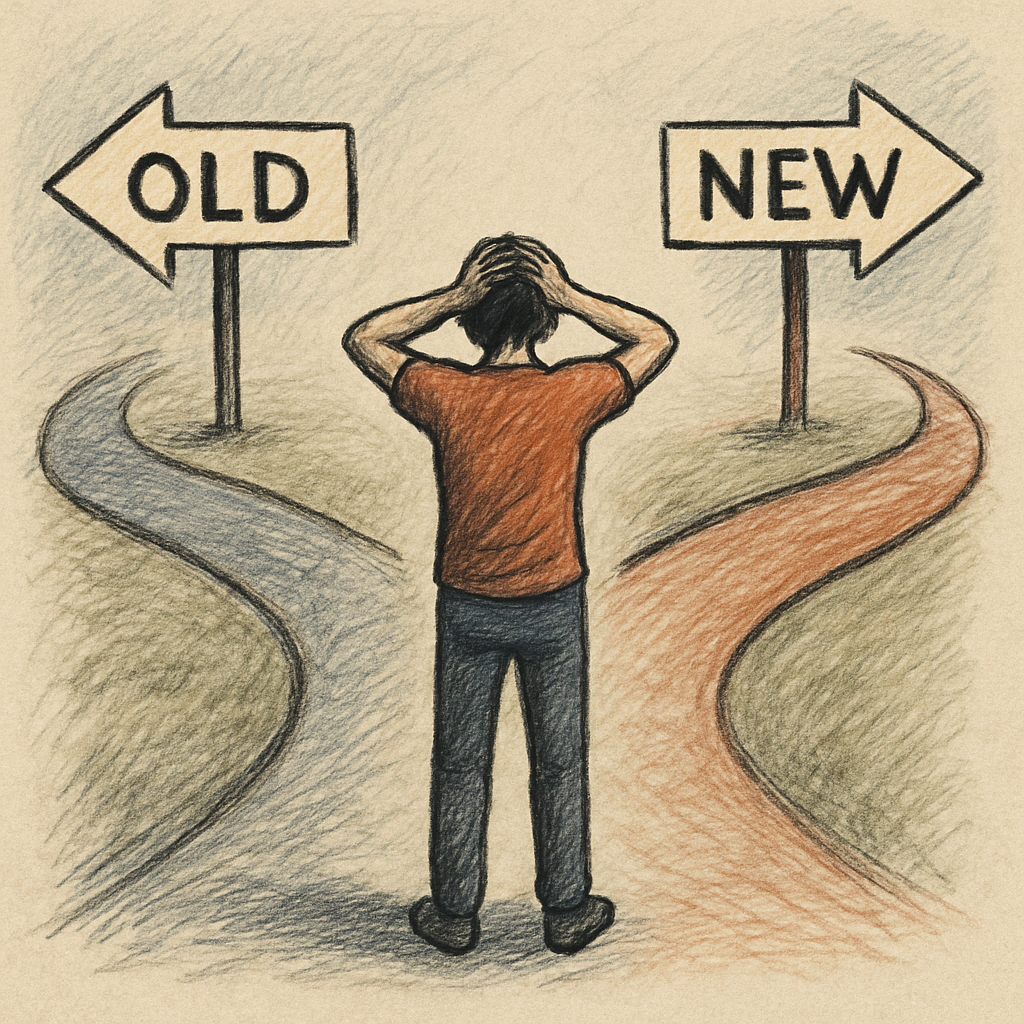Exercising self control in addiction treatment
Hank Robb, Ph.D.
 How can you exercise more self-control in addiction recovery? How can you implement strategies to prevent relapsing? How can you resist cravings and overcome thoughts? We explore here and introduce you to methods taught in the SMART Recovery ® model . Let’s start by defining some words.
How can you exercise more self-control in addiction recovery? How can you implement strategies to prevent relapsing? How can you resist cravings and overcome thoughts? We explore here and introduce you to methods taught in the SMART Recovery ® model . Let’s start by defining some words.
Addiction – Something you regularly do quickly and easily in the moment, but that doesn’t really work in your life.
Beliefs – Words consistent with the way you behave and that you seem to be taking seriously.
Self-control – What you choose to do.
Belief can drive addiction
Perhaps the most important way a belief compels substance abuse occurs is when a person takes this idea seriously:
“I cannot stop myself from doing my addictive behavior.”
When you truly believe:
“I don’t have control over my hands, arms, feet and mouth,”
you can be sure that you will engage in addictive behavior, the opposite of self treatment for addiction. Why?
Because everyone has a voice inside his or her head that at least sometimes says, “How about doing something stupid” or, from time to time, a person just feels like doing something stupid – something that works in the moment, but not in their life. If you buy the notion that you don’t have control over your hands, arms, feet and mouth you are “cooked!” However, when you act consistently with, “Unless I have a stroke, am paralyzed or in a coma, I can always control my hands, arms, feet and mouth,” then that’s exactly what you will be doing! And then your beliefs will compel a life without substance abuse or any other form of addictive behavior!
Thoughts are not the same as beliefs
First, it is important to understand that thoughts are not the same as beliefs. we can draw an important distinction between what we think and what we believe. You can think all day, “I’m a banana. I’m a banana, I’m a banana,” and by the end of the day you are no more likely to BELIEVE those words than when you started. Thinking something and believing something are just not the same thing. When you BELIEVE something, it actually makes a difference in your life. When it comes to addictive behavior, BELIEFS are not just what you “think” about, but what actually make a difference.
Belief compels action
Consider this, when you attempt to resist an invitation to engage in your addictive behavior you might think, “It will be AWFUL to resist X,Y or Z”. But the real question is, “How do you ACT?”
No matter what you are thinking, if you are ACTING like it would be AWFUL to resist, then we can say that’s what you are believing in that moment because, from the definition above, beliefs are words consistent with the way you behave that you seem to be taking seriously.
When you take seriously a notion like, “It will be AWFUL to resist,” you may have more difficulty actually resisting and may choose not to resist at all. So, when you are not resisting an invitation to do addictive behavior, we might ask, “Are you believing it would be AWFUL to resist?” The answer might be, “No, I don’t think it would be that bad to resist, I just don’t think it’s worth the effort to resist.”
Get to the underlying belief
If we took that answer seriously, we’d conclude that you are not resisting because you are taking seriously the notion that resistance isn’t worth the effort. Those words would also be consistent with your behavior. We might conclude that if you did believe it was worth the effort, you would work at resisting and try to engage you in a conversation about why it is, or isn’t, worth resisting and invitation to engage in addictive behavior.
Notice, the issue isn’t the invitation that “causes” you to act on it. Rather, “the cause” is the belief, or beliefs, you have about the invitation. We might say that no “Activating event” (A) causes us to have a “behavioral Consequence”(C) because the “cause” lies in what we “BELIEVE” (B) about the Activating event and not the event itself. The short hand version would be, A doesn’t cause C; B causes C. This is an important point learned by those who participate in SMART Recovery meetings.
How can you change beliefs?
Q: So, how are beliefs changed?
A: You start acting in a way consistent with a different set of words.
For example, “Is it worth my effort to resist invitations to do X, Y, or Z?” or, “Is it worth my effort to take a month not drinking?” Notice you don’t say or think these words. You start acting consistently with them. You might say that you exert their control in a different direction – a direction that works in your life and not just in the moment.
How do you exert self-control?
Human beings may lose self control in medical emergencies (ie.stroke or a coma). However, under normal circumstances we have plenty of self control. A person who believes, “No matter how much I want a drink and no matter how much I think I MUST have one, I will make something other than drinking more important in this moment” will be doing something other than drinking no matter what that person is thinking or feeling. Changing thoughts and feelings is not the focus. The focus is changing beliefs. How is that done? By exerting your self control consistent with a different set of words.
Source: AddictionBlog.org




